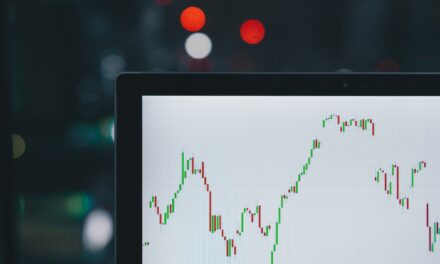
Navigating the Legal Landscape of Forex Trading

Navigating the Legal Landscape of Forex Trading
Forex trading is a popular and lucrative investment option for many individuals and businesses around the world. However, navigating the legal landscape of forex trading can be complex and confusing. It is crucial to understand the legal framework that governs forex trading in your country and to ensure that you comply with all relevant regulations and laws.
One of the first steps to take when trading forex is to research and understand the laws and regulations that apply to forex trading in your country. In the United States, for example, forex trading is regulated by the Commodity Futures Trading Commission (CFTC) and the National Futures Association (NFA). These organizations have established strict rules and regulations to protect investors and maintain the integrity of the forex market.
In addition to federal regulations, some states have their own laws and regulations that apply to forex trading. For example, New York has its own forex trading regulations, which require forex dealers to register with the state and comply with certain disclosure requirements.
Another important aspect of navigating the legal landscape of forex trading is to choose a reputable and licensed broker. Forex brokers are required to be registered with regulatory authorities and comply with strict regulations to ensure that they operate in a fair and transparent manner. It is important to research potential brokers and ensure that they are licensed and regulated by reputable organizations.
One of the key regulations that forex traders must comply with is the anti-money laundering (AML) laws. These laws require forex brokers to implement strict customer identification and verification procedures to prevent money laundering and other illegal activities. Forex traders may be required to provide personal identification documents and other information to comply with AML laws.
Tax laws are another important consideration when trading forex. Different countries have different tax laws that apply to forex trading, and it is important to understand these laws to avoid any legal issues or penalties. Some countries, such as the United States, require forex traders to report their trading activities and pay taxes on their profits.
In conclusion, navigating the legal landscape of forex trading requires a thorough understanding of the laws and regulations that apply to forex trading in your country. It is important to choose a reputable and licensed broker, comply with AML laws, and understand the tax laws that apply to your trading activities. By following these guidelines, forex traders can operate in a legal and compliant manner and avoid any legal issues or penalties.










